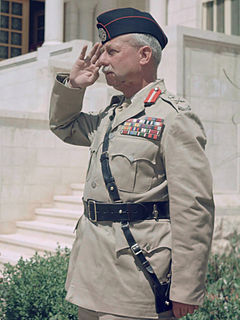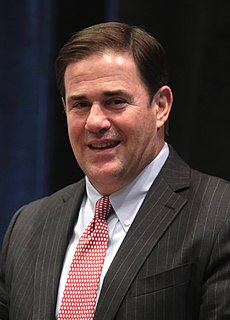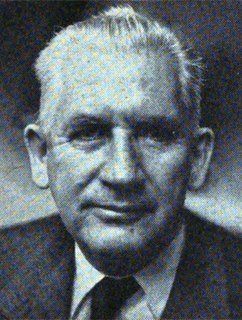A Quote by John Bagot Glubb
By Mamun's time medical schools were extremely active in Baghdad. The first free public hospital was opened in Baghdad during the Caliphate of Haroon-ar-Rashid. As the system developed, physicians and surgeons were appointed who gave lectures to medical students and issued diplomas to those who were considered qualified to practice. The first hospital in Egypt was opened in 872 AD and thereafter public hospitals sprang up all over the empire from Spain and the Maghrib to Persia.
Related Quotes
The German system is way less fair than it is expected to be, and the difference is becoming bigger. The private system, with its privilege to pay doctors and hospitals better, is basically putting the whole system at jeopardy, because many first-class hospitals and first-class physicians are wasting their time on trivial cases of privately insured and are no longer accessible for the difficult cases from the public system, despite [the fact] that the hospitals and also the education of those professionals is paid for by public money.
...Only physicians are likely to be regarded as competent to judge the qualifications of potential physicians, so licensing boards in the various states...are typically composed..of physicians,...members of the AMA. The boards, or the state legislatures...give the AMA the power to influence the number of persons admitted to practice (by) lengthy training,...(and) the list of 'approved' schools and hospitals (which) is generally identical with the list issued by the Council on Medical Education and Hospitals of the AMA.
A noted cancer specialist in Boston said he believed that if some simple and inexpensive replacement for Chemotherapy for the treatment of cancer were found tomorrow, all US medical schools would teeter on the verge of bankruptcy, so integral a part of their hospital revenues is oncology, the medical specialty of cancer treatment
What does calling this medical care legislation "historic" mean? It means that previous administrations gave up the idea when it became clear that the voting public did not want government control of medical care. What is "historic" is that this will be the first administration to show that it doesn't care one bit what the public wants or doesn't want.
I don't doubt for a moment that the revolution will result in a nonracial society. I have just come from being a patient in Groote Schuur Hospital where they now have integrated wards. For the first time in my life, I have seen it working. The patients were mixed, the staff was mixed, and the medical officers were mixed; it was totally integrated. It was beautiful. White and black together. And it works. To me that is terribly exciting.
We achieve active mastery over illness and death by delegating all responsibility for their management to physicians, and by exiling the sick and the dying to hospitals. But hospitals serve the convenience of staff not patients: we cannot be properly ill in a hospital, nor die in one decently; we can do so only among those who love and value us. The result is the institutionalized dehumanization of the ill, characteristic of our age.
When I came to this country in 1958, to be a dying patient in a medical hospital was a nightmare. You were put in the last room, furthest away from the nurses' station. You were full of pain, but they wouldn't give you morphine. Nobody told you that you were full of cancer and that it was understandable that you had pain and needed medication.
The fact that the patients were complex human beings with a rich life beyond the hospital never really sank into the consciousness of the residents. Because they had no rich lives beyond the hospital, they assumed no one else did, either. In the end, what they lacked was not medical knowledge but ordinary life experience.
...He went to Scotland and studied under Lister...("Lister was persecuted by the British Medical Association. He was threatened with having his license revoked.") Yet in Lister's hospital virtually no one died as a result of operations because Lister had developed a carbolic acid wash and disinfectant. Dr. Keen came back from Scotland...He was referred to as a crazy Listerite.....He was denied an opportunity to practice in every hospital in Philadelphia.
[Veterans] have been treated very badly.That includes - veterans' choice so veterans can either attend a public V.A. facility or if they have to wait online like they've been doing, sometimes for as much as seven days and then still not get proper care, they'll go to a private medical center or they'll go to a private or public or something, they will go outside .they'll go to a private doctor, they'll go to a private hospital, they'll go to a public hospital. We're going to get them care and we're going to pay for their - that care.





































